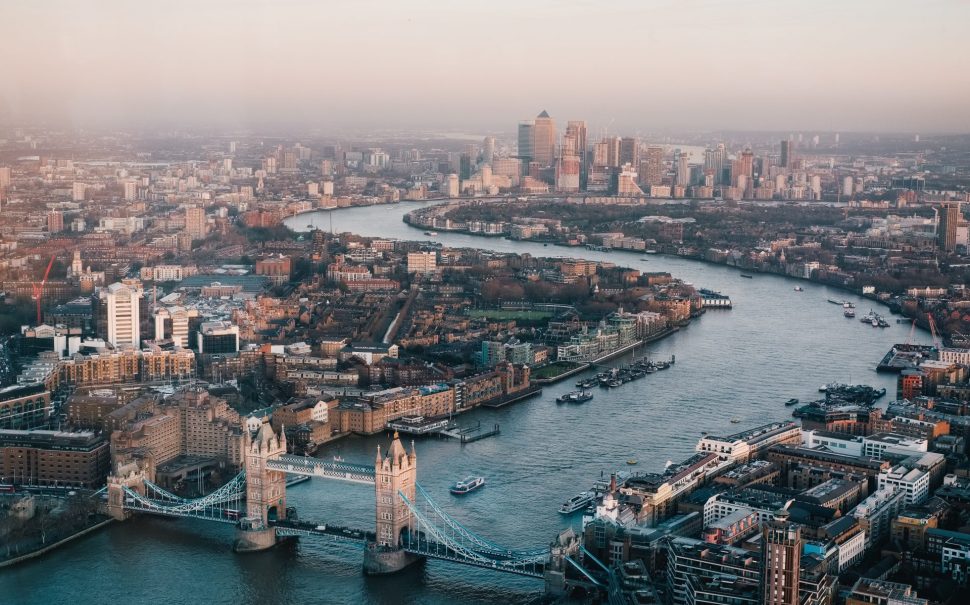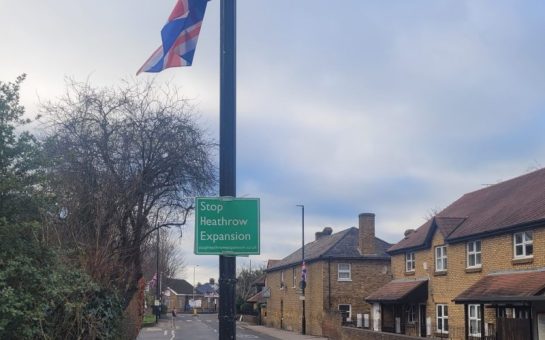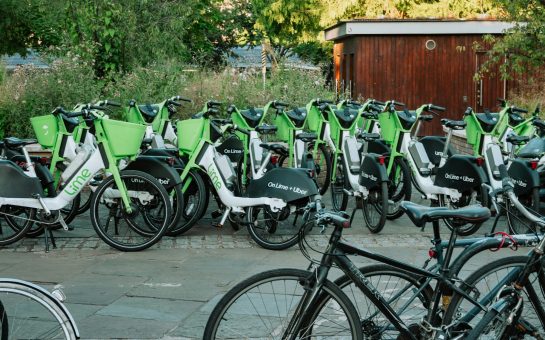New research is set to try and tackle London’s geographical inequalities in a bid to level up the capital.
London’s Chamber of Commerce and Industry (LCCI) and think tank Centre for London (CfL) joined forces last week to start research they hope will create more opportunities across the city.
They both also said the research is central to building strategies for growth for all areas of London.
Richard Burge, chief executive of the LCCI said: “London, though the economic powerhouse of the UK also suffers from unequal distribution of opportunities.
“Past studies have often compared London’s development with the rest of the country but there is skeleton data on entrenched spatial inequalities within London.”
The research will examine characteristics of London’s 32 boroughs, focusing on output, productivity, employment, population characteristics and earnings.
Looking at these metrics, a report will be produced which will lay down the local factors that support or inhibit the growth across London.
Burge and CfL‘s former CEO Nick Bowes are key individuals behind the research and keen to work together.
The report is expected to be published in the autumn.
It aligns with the government’s Levelling Up plan to ensure an equitable distribution of opportunities across the UK.
James Watkins, head of policy and public impact at the LCCI said the report is long overdue as the last mapping of economic output by borough was in 2020.
He said: “As we know, much has changed since then and LCCI are keen to identify the strengths and weaknesses of each borough in London.”
Watkins also highlighted London’s wealth is not equally shared and the experience of Londoners varies.
Oriane Nermond, research manager at Centre for London agreed, and hopes the research will be a useful resource to policymakers and researchers.
She said: “London isn’t just one story. It’s a large part of the country with places and people that have their own economic needs.
“London is a successful city but it faces a lot of challenges – a higher proportion of people live in poverty than in the rest of England.
“But behind that fact, there’s a lot we don’t know about inequalities within London.
“We want to explore each borough’s contribution to the economy and spatial inequality within those.”
Nermond added that research is relevant now given that post-Brexit and post-pandemic realities are setting in.
The report will exclude the City of London from its findings.





